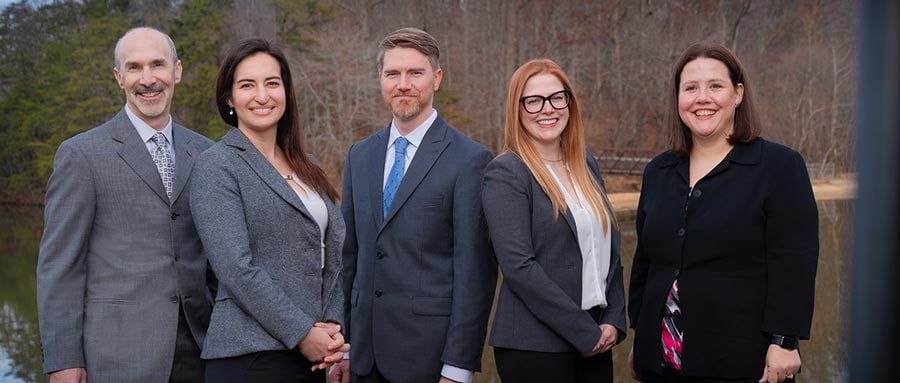While not as deadly as distracted driving or DUI, drowsy driving may account for more crashes than some realize. Drivers in Virginia will want to know about a study just published by the AAA Foundation for Traffic Safety, which monitored more than 3,500 drivers across the U.S. and analyzed their crash data.
Researchers found that out of the 701 crashes that drivers were in, 8.8 to 9.5 percent were caused by drowsiness. Between 10.6 and 10.8 percent of the crashes that led to airbag deployments, injuries and property damage were the result of sleepiness. These percentages can seem surprising when set side by side with U.S. government statistics, which state that only 1 to 2 percent of all accidents involve drowsy driving.
These government statistics are known for several limitations. For instance, they are based almost entirely on police reports and post-crash investigations. The fact is that officers and investigators have no definite way to measure drowsiness after the fact. Even when drivers are aware that they were drowsy, they may keep silent about it.
The AAA researchers claim that their conclusions are more accurate due to the use of in-vehicle cameras. They based their measurements of drowsiness on PERCLOS, or the percentage of eye closure in drivers.
Other studies show that skipping 20 to 25 hours of sleep can make drivers act as if they are drunk behind the wheel. When a motor vehicle accident is caused by a drowsy driver, the victim could see a lawyer about filing a claim. Even if it cannot be proven that the driver was drowsy, the lawyer’s team of investigators could show that the driver caused the accident through negligence. The lawyer can then negotiate for a settlement with the insurance companies.


